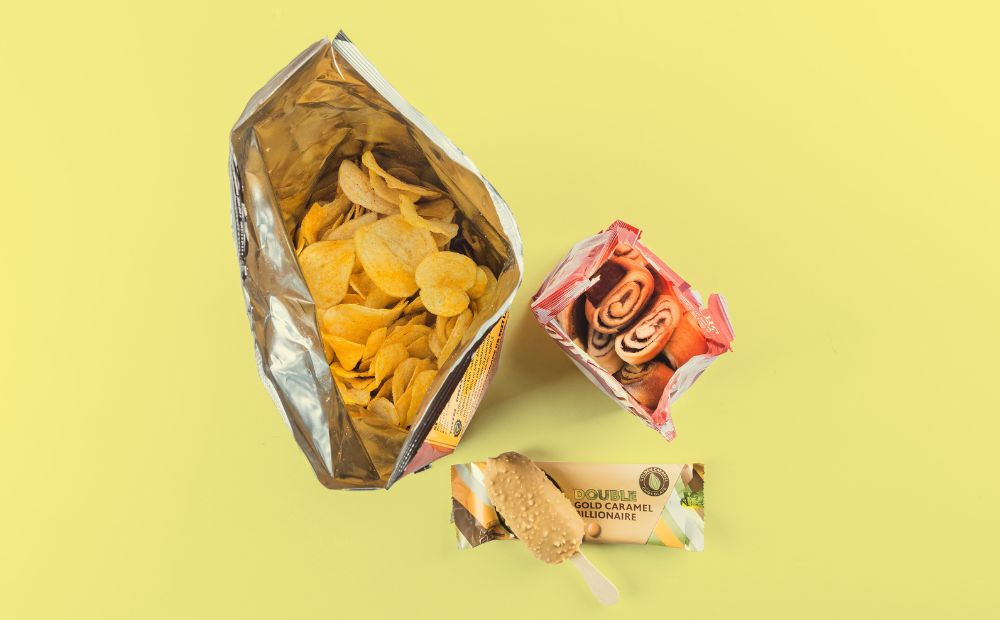Reporting of SUP packaging data is underway – read here what you need to consider

The Government Decree on Packaging and Packaging Waste requires producers to report data concerning single-use plastic packaging from 2023. The decree is based on the EU’s SUP directive and applies to certain packaging containing plastic. Companies will have to pay SUP fees on the basis of their reported packaging to cover collection and cleaning costs for SUP waste incurred by municipalities, as required under the Waste Act.
SUP packaging data must now be reported separately for the first time. Companies must report their 2023 packaging data to Rinki by 29 February.
Is my organisation required to report SUP packaging?
“Now that reporting is underway, it’s important that companies ensure they fill in the SUP packaging form if they have introduced this type of packaging to the market,” says Maija Peltola, Rinki’s Customer Service Manager.
SUP packaging includes certain single-use plastic food containers used for ready-to-eat meals and certain packaging for beverages and cups with their caps and lids, as well as plastic carrier bags and lightweight plastic bags given to consumers at the point of sale. You can find information on identifying SUP packaging in the training package and the product listing in the Rinki SUP databank (links to the SUP training package and the SUP product spreadsheet).
The definition of a packaging producer changed at the beginning of 2024, but this does not affect which companies are required to report and pay fees for SUP packaging for 2023. Peltola points out that the SUP fees to be paid in spring 2024 are payable by packaging producers who operated in 2023. More information about the new definition of a producer can be found in the online article on changes to producer responsibility.
Reporting SUP data is a legal obligation
The SUP Directive extends producer responsibility for some companies. As in previous years, SUP packaging data is submitted in the basic report, which serves as the basis for the recycling fees that producer organisations are invoiced. SUP packaging is also reported on the SUP form. SUP fees are invoiced on the basis of this information, and producer organisations pay the fees to municipalities in accordance with waste legislation.
The SUP fees paid by companies cover municipalities’ costs for cleaning litter and waste management related to SUP products. Under waste legislation, the amount to be reimbursed to municipalities for packaging will be approximately EUR 10.5 million per year for 2023–2025. Packaging producer organisations determine the level of SUP fees that their customers pay.
It is important that the quantities of SUP packaging are reported to Rinki in accordance with the instructions to ensure that companies are treated equally. When everyone does their part, no one has to take responsibility for others.
“It’s important to fulfil the obligation so that Rinki receives the correct data about quantities of SUP packaging. This ensures that costs are allocated to the companies responsible,” says Peltola.
Peltola says that help with SUP reporting can be found in Rinki’s SUP databank and reporting instructions, and Rinki’s corporate customer service team is also happy to offer advice to companies. Rinki regularly carries out audits of companies that have reported their packaging data. SUP reporting is now part of the auditing process.
Tips for successful SUP reporting
- Read the SUP reporting instructions. All reporting instructions can be found on the Rinki website. Reporting forms can be found on Rinki’s extranet.
- Please note that SUP packaging is reported in both the basic packaging form and the SUP form.
- If necessary, consult Rinki’s SUP databank and the recordings of training sessions that can be found on the extranet or contact Rinki’s corporate customer service team.
